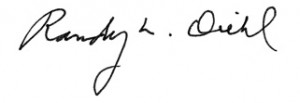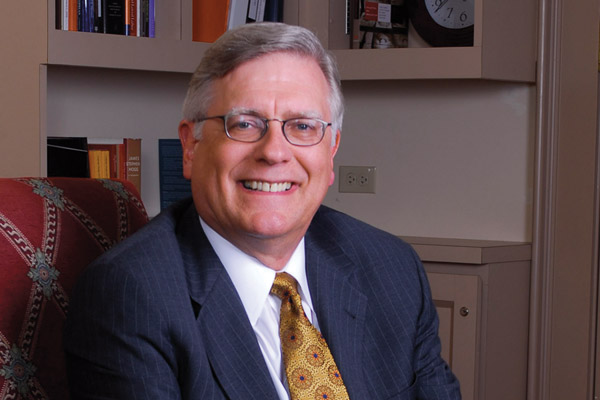Freedom to Learn
The boycott of Israeli academic institutions by leaders of several associations of higher education in the U.S. has raised some important questions about academic freedom at our colleges and universities.
Boycott supporters cite Israeli repression of the academic freedom of Palestinian scholars and students as the reason for their action, but fail to consider that such an action violates the very freedom they claim to defend.
Last December, UT Austin President Bill Powers, who is chair of the Association of American Universities, led other prominent AAU leaders in a joint statement opposing the boycott. I also released a statement that reiterated our college’s strong opposition to academic boycotts as infringements on both academic freedom and our university’s nondiscrimination policy, which prohibits unlawful discrimination on the basis of race, color, religion, national origin, gender, age, disability, citizenship and veteran status.
The consequences of academic boycotts, however, are more than infringements of rules and standards. They strike at the very heart of the liberal arts mission to transform lives and help students become broadly educated citizens committed to the freedom of inquiry, the search for truth and the advancement of knowledge. These commitments are fundamental to the health of universities and democracies alike, including Israeli universities and institutions.
A major flaw of the boycott is that it treats Israeli academic institutions as a homogenous bloc, when in fact their faculty and students represent diverse cultures, religions, nationalities and viewpoints. Indeed, many Israeli academics are working to bring about a peaceful resolution to the Israeli-Palestinian conflict. Why would we leave them out of the conversation? There is a level of hypocrisy in a movement that singles out the state of Israel while ignoring the repression of academics in many other countries.
It has been suggested that the university or our college should take action against faculty who favor the boycott or withdraw our support from conferences and other activities sponsored by boycotting organizations.
Such a “boycott of the boycotters” would simply feed into the downward spiral where all such actions eventually lead: to a society where sides are chosen and common ground abandoned. History shows us time and again its bitter consequences.
Our college will not dissociate from organizations with which we disagree, nor will we keep faculty members from affiliating with them. We will do everything in our power to maintain a civil discourse that includes all voices. However, we will not support or participate in any event that excludes scholars because of their nationality or other factors.
On considering the essence of academic freedom, Supreme Court Justice William O. Douglas once observed: “The most important aspect of freedom of speech is freedom to learn. All education is a continuous dialogue – questions and answers that pursue every problem to the horizon.”
There is much at stake here for the future of our universities and our democracy, so I strongly encourage our alumni and friends to stay informed on this issue and help us lead a respectful exchange of ideas that includes all voices.

Randy L. Diehl, Dean
David Bruton, Jr. Regents Chair in Liberal Arts
